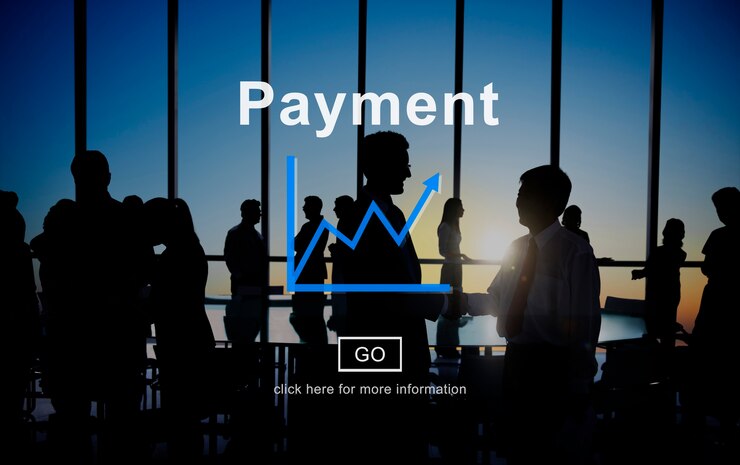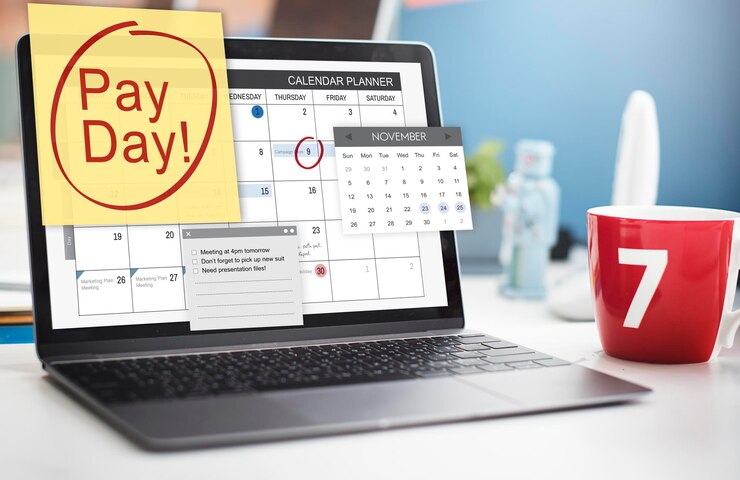In 2024, direct deposit continues to be one of the most convenient and secure methods for receiving payments, whether from employers, government benefits, or other financial sources. Understanding the eligibility criteria for direct deposit payments is crucial for ensuring timely and hassle-free transactions.
What is Direct Deposit?
Direct deposit is an electronic payment method where funds are transferred directly into your bank account without the need for paper checks. This method is commonly used for payroll, Social Security benefits, tax refunds, and other types of recurring payments.
Key Benefits of Direct Deposit
- Convenience: No need to visit a bank or cash a check; funds are automatically deposited into your account.
- Security: Reduces the risk of lost or stolen checks, ensuring that your money is safely transferred.
- Speed: Payments are processed faster, often arriving in your account on the scheduled payment date.
Eligibility Criteria for Direct Deposit in 2024
To receive payments via direct deposit, certain eligibility requirements must be met, which can vary depending on the source of the payment:
1. Bank Account Requirement
- Active Bank Account: You must have an active checking or savings account at a financial institution that accepts direct deposits.
- Account Information: Provide your bank account number and routing number to the payer. Ensure that these details are accurate to avoid payment delays.
2. Employer or Payment Provider Policies
- Employer Enrollment: Many employers require employees to complete a direct deposit authorization form. This form typically includes your bank account details and a voided check.
- Payment Provider: For government benefits or other payment providers, you may need to enroll in their direct deposit program, either online or through a paper form.
3. Eligibility for Specific Payments
- Payroll: Most employees are eligible to receive their salary via direct deposit. However, some employers may require a minimum period of employment or other criteria before offering this option.
- Government Benefits: Programs like Social Security, unemployment benefits, and veterans’ benefits often require recipients to opt for direct deposit. In some cases, recipients must ensure their account is in good standing to remain eligible.
- Tax Refunds: When filing taxes, you can opt to receive your refund via direct deposit by providing your bank account information on your tax return. Ensure you meet the filing deadlines to qualify for this option.
4. Special Considerations in 2024
- Digital Wallets: As digital wallets and online banking become more popular, some employers and government agencies may offer direct deposit options to digital wallet accounts. Ensure that your digital wallet is compatible with direct deposit payments.
- International Payments: If you are receiving payments from a source outside your country, check with your bank and the payer to ensure international direct deposits are supported. Additional fees or requirements may apply.
How to Set Up Direct Deposit
Setting up direct deposit is typically straightforward:
- Complete Authorization: Fill out a direct deposit authorization form provided by your employer, government agency, or payment provider.
- Provide Bank Details: Include your bank account number, routing number, and, if required, a voided check.
- Confirm Setup: Once submitted, it may take one or two pay cycles for direct deposit to be fully set up. Check your account to ensure payments are being deposited correctly.
Maintaining Direct Deposit Eligibility
To maintain your eligibility for direct deposit in 2024, consider the following:
- Keep Account Active: Ensure your bank account remains active and in good standing. Closed or inactive accounts will result in payment disruptions.
- Update Information: If you change banks or account numbers, update your direct deposit information with your employer or payment provider promptly.
- Monitor Payments: Regularly check your bank statements to confirm that direct deposits are being made correctly and on time.
Conclusion
Direct deposit remains a preferred payment method in 2024 due to its convenience, security, and speed. By understanding and meeting the eligibility requirements, you can ensure that your payments are processed smoothly. Whether you are an employee, a government benefits recipient, or someone expecting a tax refund, setting up and maintaining direct deposit is a crucial step toward managing your finances effectively.











